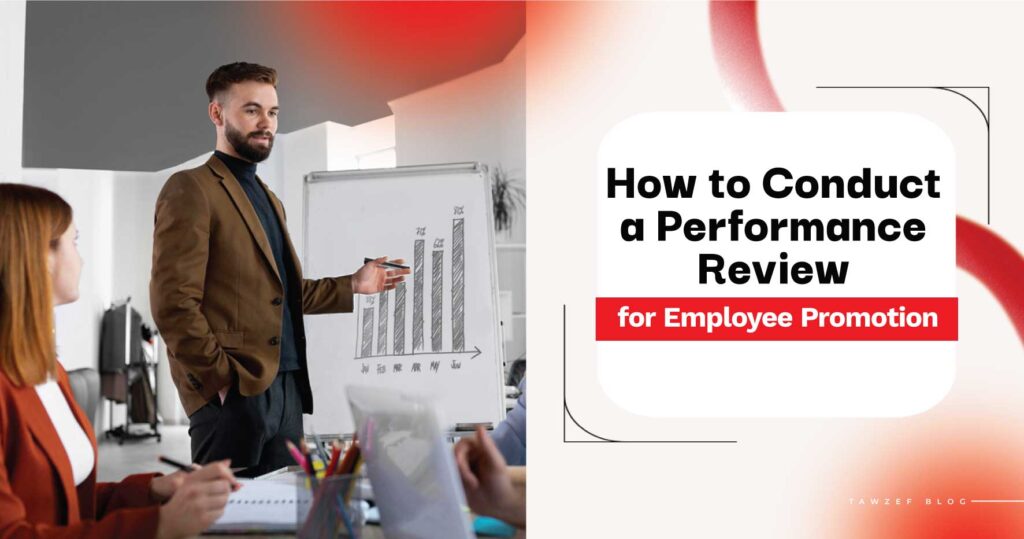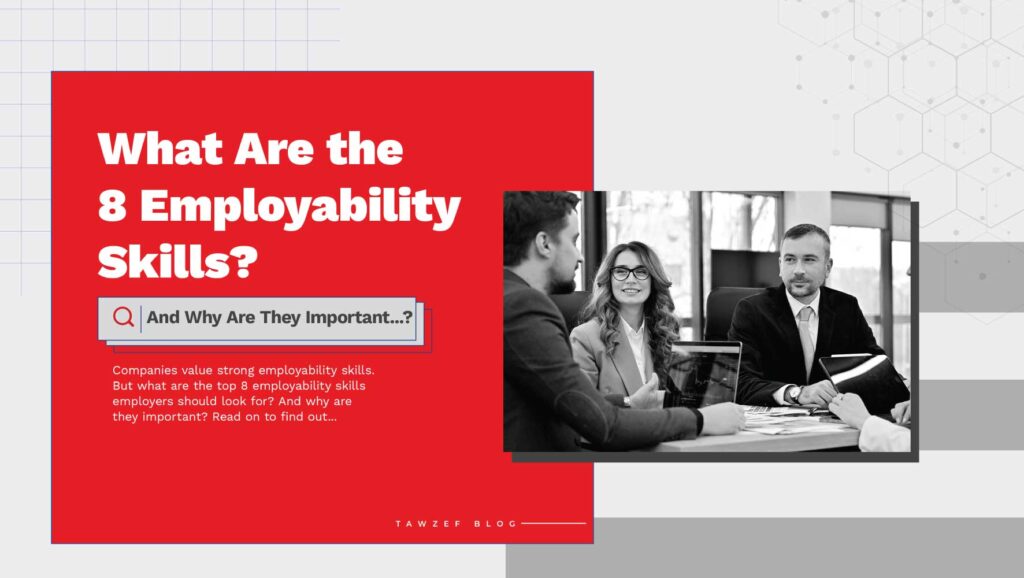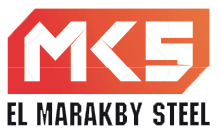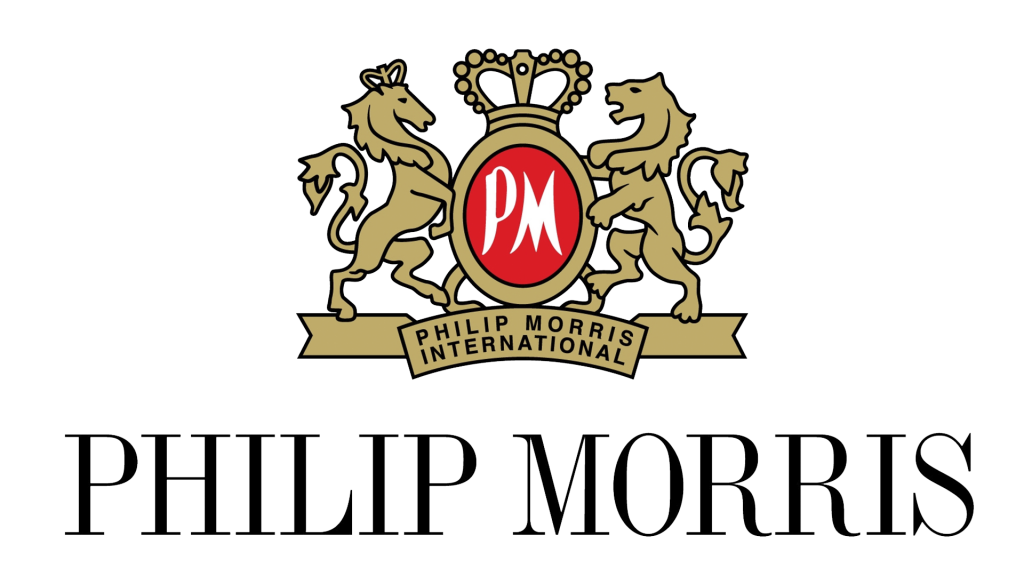Contrary to common belief, job interviews aren’t just about the employer who’s looking to fill a vacancy. There’s more to it. Specifically, the candidate’s side of things, or what’s known as the candidate experience.
Few companies in the Middle East and North Africa (MENA) region are even aware that there’s such a thing as the ‘candidate experience.’
But what these companies don’t know is that a ‘bad candidate experience’ is harmful for their business.
To start, it hurts their employer branding. It can also affect the number of candidates showing up to their interviews.
Before we explore what makes a bad candidate experience, let’s first explain what the candidate experience in recruitment is and why it matters. In this article, we’ll also explain how to measure the candidate experience and how to improve it.
What is the candidate experience in recruitment?
The candidate experience refers to how a candidate feels during and after conducting a job interview with a company.
A job interview reflects how the company operates. Often, candidates will feel uncomfortable in an interview, or series of interviews, that they decide to discontinue the job application process. Or they decline the job offer.
This means they had a bad candidate experience with the company where they had applied for a job.
What businesses don’t realize is that the candidate experience isn’t just when the candidate meets one or more of your team members.
In recruitment, the candidate experience begins from the moment the candidate sees your job posting all the way through to being accepted and signing (or not signing) a job offer.
This means that the candidate experience in recruitment involves:
- The job posting
- The job application process
- Screening
- Interviewing
- Receiving the contract or job offer
- Onboarding (if applicable)
Why should you care about the candidate experience?
You’re probably still wondering ‘Why should I care what a candidate thinks? I’m the one who’s hiring them.’
Well, here are several reasons why the candidate experience is important and should be considered:
1) Improves employer branding
First and foremost, the candidate experience affects your employer branding. A negative or bad experience will harm your business and brand.
Research by CareerArc found that 60% candidates encounter a negative candidate experience in recruitment. Of those candidates, 72% share their bad experience, whether online on job sites like Glassdoor.com, or to others directly.
These negative experiences candidates share affect your company’s branding and hiring activities. It also means that creating positive candidate experiences will do the opposite: Improve your branding and hiring.
Moreover, 78% of job applicants view a candidate experience as “an indicator of how a company values its people.” (Career Builder Survey, 2017)
2) Fewer no-shows
One of companies’ biggest problems today is getting hundreds of applicants of a single job. But when they set interview appointments, few candidates show up. The number of no-shows is increasing.
Companies with strong employer branding, a good recruitment process, and positive candidate experience don’t have this problem.
The reason is, candidates talk to each other.
Imagine this: You have an open vacancy for a marketing specialist. Five applicants come from the same university, so they know each other fairly well.
When the first candidate discovers that your recruiter isn’t aware of their previous experiences, keeps them waiting for hours, or isn’t on-time to their online meeting, the first thing they’ll do is…tell others about their bad experience.
Specifically, they’ll tell others to:
- expect a lot of time wasted when applying for roles in your company.
- consider applying elsewhere.
- be aware that your HR team is rude and unprofessional.
3) Increases employee retention
A good candidate experience means better employee retention, which means fewer hiring costs and a low employee turnover.
The interview process is often the first time a potential employee interacts with you. When it’s a positive one, they feel at ease staying with your company for longer.
It makes them happier, increases their engagement and their stay with your company.
4) Gives you a competitive advantage
Offering a good candidate experience sets you apart from the competition. It’s likely that you and your competitors have similar vacancies.
Providing candidates with a positive, high-quality experience means you invest in your employees, even before they join.
It also means applicants who don’t get the job are still interested and may apply to different roles in the future. They can also recommend friends and family to apply to your open vacancies.
5) Reduces costs
Businesses are always looking for ways to reduce costs. One of the benefits of a positive candidate experience in recruitment is that it helps you cut costs.
Here’s how. A positive experience means:
- The candidate is interested in joining your organization, not just finding another 9-to-5 job.
- Employees are likely to stay longer.
- Lower employee turnover, which means reducing the cost of employee turnover.
- Employees get a chance to move up the career ladder, develop themselves and what they bring to the company.
Having a structured candidate experience also means you have a clear hiring process that allows you to weed out bad or unfit applicants.
6) Increases job offer acceptances
There are many reasons why candidates accept and reject job offers. Salary being the main reason.
However, a negative candidate experience is often the reason candidates reject a job offer. Even if it includes the salary they asked for.
In other words, offering a positive and engaging experience for potential hires can increase the rate of job offer acceptances.
It also increases the number of referrals you may get because candidates may refer others.
How to measure the candidate experience
Now that we’ve covered the benefits of a positive applicant experience, let’s look at how to measure that experience.
The best way to do is to conduct a candidate experience survey. This type of employee survey helps your HR and hiring managers in many ways.
There are several standard questions you should include.
It’s best to send the candidate experience survey after you’ve completed the entire interviewing process. You should send it after you’ve notified the candidate if they’ve been accepted or not.
If you don’t inform them if they’ve been rejected or you’ve chosen another candidate to fill the position, it’s safe to say, your candidate experience won’t be good. They’re in the dark and they’re not going to be happy about it.
If you’re working with a recruitment agency like Tawzef, you can still use a candidate experience survey to measure the two sides of the process. This covers both the agency and your company.
Examples of candidate experience survey questions
Your candidate experience survey can include multiple-choice questions, fill-in answers, or a combination of both.
You can use the following set of questions as a template:
1) What is the position you applied for?
2) Was the job description clear or did you discover additional requirements during the interview process?
3) What did you think of our hiring process? (Choose all that apply)
- Easy
- Clear
- Confusing
- Difficult
- Long/Too long
- Boring
4) How would you rate our company’s communication with you during the recruitment process? (Choose all that apply)
- Informative
- Consistent
- Lacking information
- Unprofessional
- Professional
5) On a scale of 1 to 10 (or 1 to 5) How likely are you to recommend others to apply to positions in our company? (1 means highly unlikely and 10 means highly likely)
6) How can we improve the hiring process at [company name]?
How to improve the candidate experience
Here are a few ways and tips to help you improve your company’s candidate experience.
- Have a clear hiring process
- Make sure your HR team and hiring managers are on the same page.
- Make it easy for applicants to learn more about your company. This means having a clear website and being active on social media, especially LinkedIn.
- Use a combination of structured and semi-structured interview questions.
- Create clear job descriptions.
- Be accessible for candidates. You can do this by including an email for people to send inquiries or questions.
- Avoid the common mistakes employers make.
- Use recruitment KPIs and metrics to continuously improve your hiring process.
- Keep up with business and HR industry trends to provide better employee and candidate experiences.
Final words
There’s much more to recruitment than just screening resumes and finding someone to fill a position. Talents and employees, whether experienced professionals or Gen Z and fresh grads, have expectations when it comes to applying for a role.
The candidate experience you provide in your recruitment process can be the difference between a high turnover and employee staying longer with the company.
It can be the difference between getting referrals from employees and managers in your company, and employees telling their relatives and friends not to bother applying.
So, if you’re looking to bridge the gaps between the long time needed to fill a vacancy, building a strong employer brand, and improving your hiring process, then you need to improve your candidate experience.
Further reading:
How to Design a Pay Structure for Your Company
How to Create a Women-Inclusive Compensation & Benefits Strategy
How to Create a Compensation & Benefits Policy? 5 KPIs to Measure
9 Employee Engagement Metrics To Track For A Better Work Culture
The 9 Most Important Recruiting KPIs You Should Be Measuring
Why HR Policies Are Important for Business



























































































































